Legal Battles Erupt as Disney and Universal Confront Midjourney Over Intellectual Property Limits
The Rising Tension Between AI and Copyright: Disney and Universal’s Lawsuit Against Midjourney
In a groundbreaking development within the realm of artificial intelligence and creativity, Disney and Universal have initiated legal proceedings against Midjourney, labeling the AI image generator as “a bottomless pit of plagiarism.” This lawsuit raises crucial questions about the intersection of technology and intellectual property rights.
The core of the lawsuit revolves around allegations that Midjourney utilized Disney and Universal’s vast creative libraries as training data without obtaining necessary permissions. According to reports, the AI model has produced and circulated numerous iterations of iconic characters such as Darth Vader, Elsa, and the beloved Minions. This has understandably sparked a heated debate over copyright infringement and the ethical implications of AI in content creation.
As we navigate through this evolving landscape, it raises an unsettling question: Where does the line between inspiration and infringement truly lie? The advent of AI technologies prompts a reevaluation of authorship and creativity as we know it. What remains uniquely ours when machines begin to replicate and reimagine our work?
Moreover, it compels us to consider the value we provide as creators. At what point does the use of AI transition from a beneficial tool for enhancement to a replacement that diminishes our contributions? As these discussions unfold, artists, writers, and innovators alike must grapple with these complex issues as we strive to protect our creative rights amidst the rapid advancement of technology.
The outcome of this case might not only redefine the relationship between AI and copyright but also set a precedent for the future of creative industries. As we witness this unfolding narrative, it is crucial to remain engaged and informed about the implications of such legal battles—for they may ultimately shape the future of creativity itself.
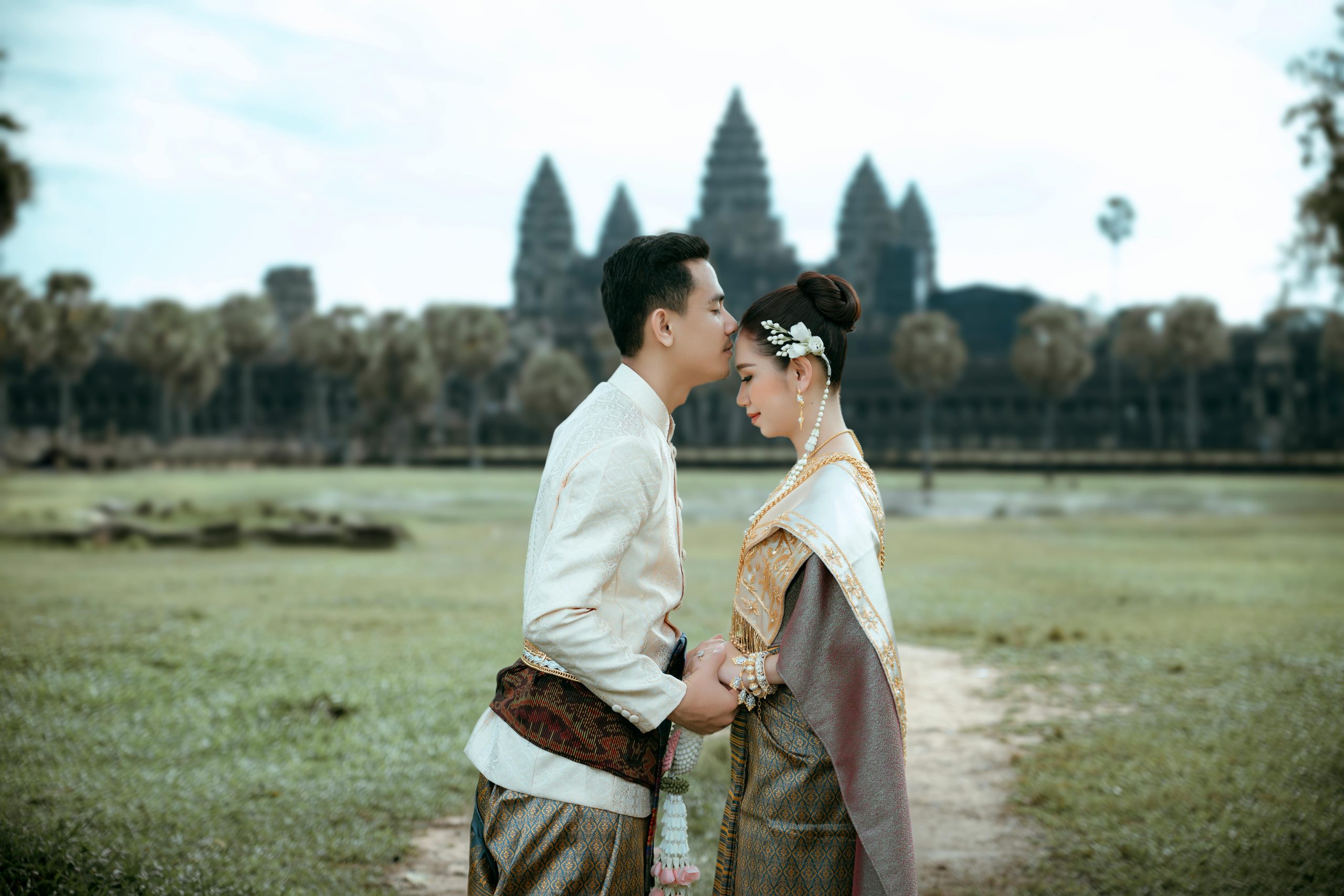




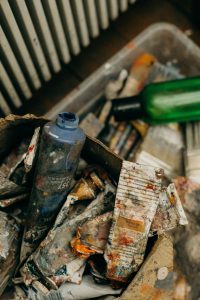

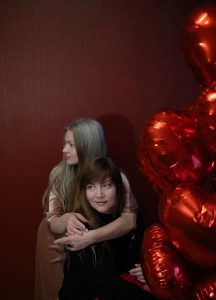
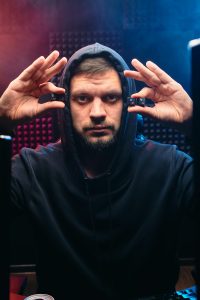
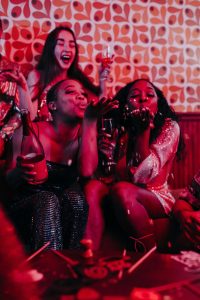
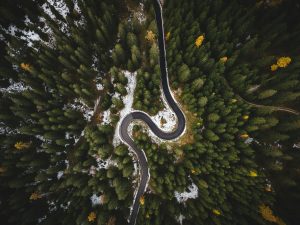
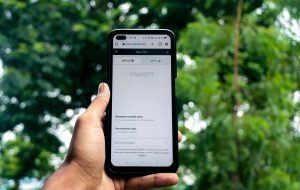
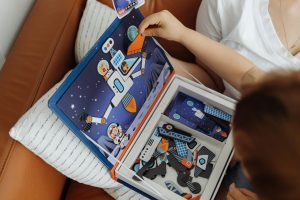
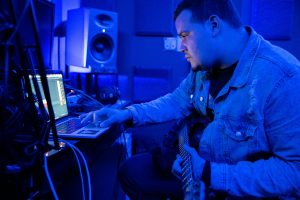
Post Comment